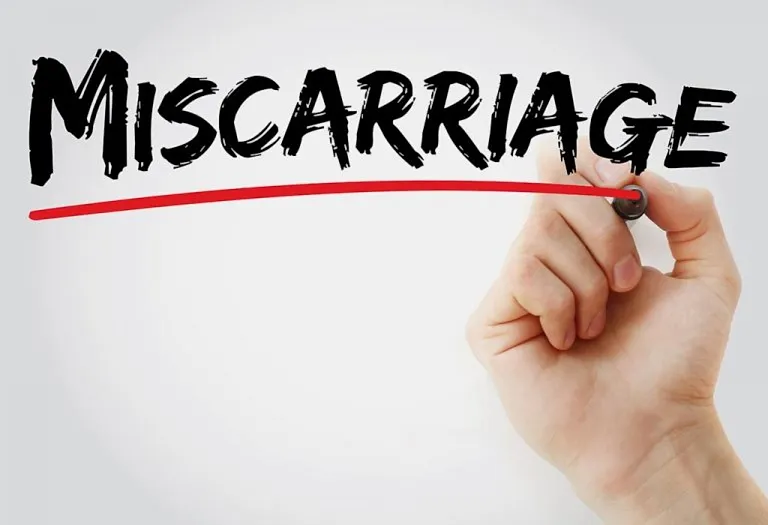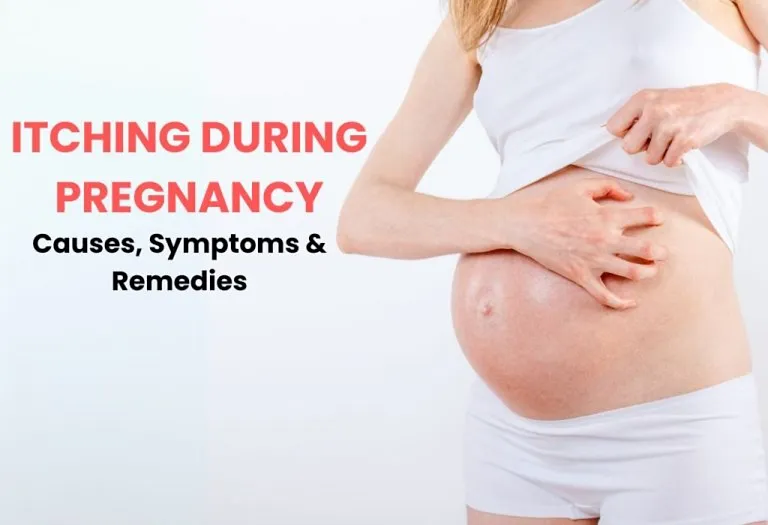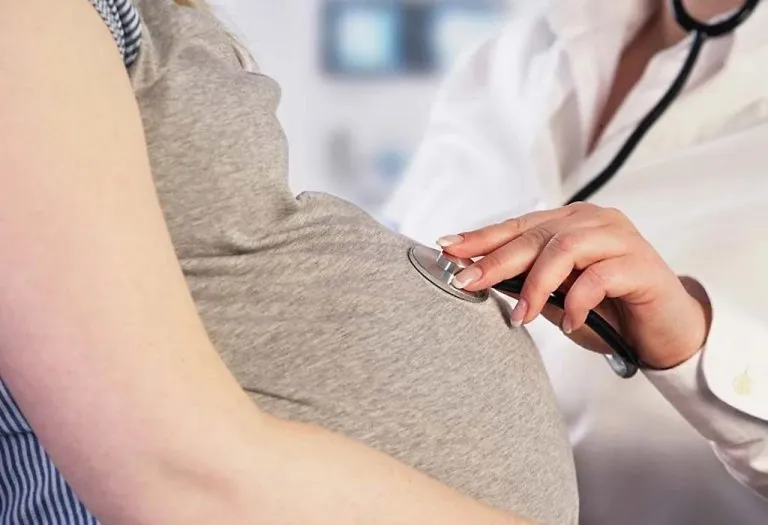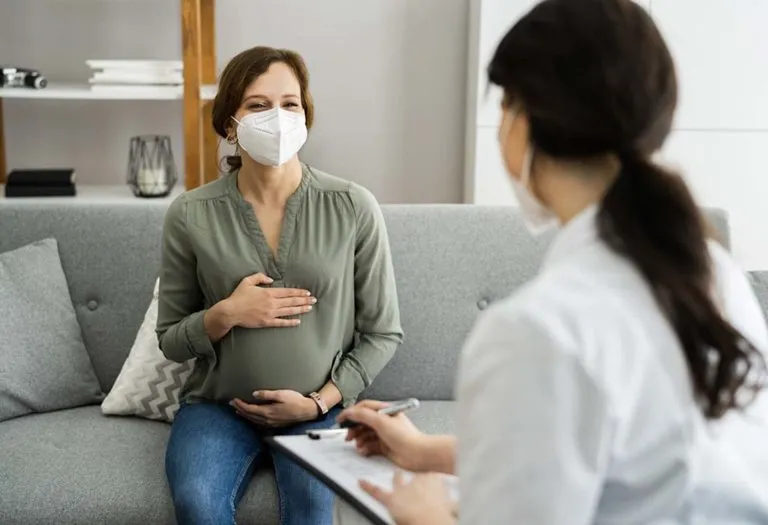Signs and Symptoms of Miscarriage
A miscarriage usually happens in the first trimester of pregnancy, i.e., within the first 20 weeks of pregnancy. The medical term for miscarriage is ‘spontaneous abortion’. It is one of the most common complications associated with early pregnancy. Sometimes, a woman may have a miscarriage even before she finds out she is pregnant. Pregnancy is a wonderful time for a woman, but without knowing it may unexpectedly end in a miscarriage. Hence, to be safe, it would be beneficial to know about the signs and symptoms that may lead to a miscarriage. Awareness of all signs of miscarriage and timely medical attention can sometimes help manage the risk effectively.
What Are the Symptoms of a Miscarriage?
There are various early symptoms which can indicate a miscarriage. A miscarriage usually happens during the first trimester itself, when a baby is in the development phase. This is because of the abnormalities that happen during this period. Some of the symptoms that can indicate a miscarriage are mentioned as follows:
1. Pain
If you experience severe and intolerable pain in your belly it could be a warning sign of a miscarriage. If you also have cramps which lead to blood discharge, it can be one of the many symptoms. Miscarriages tend to cause intense cramps which are similar to menstrual cramps, but much higher in intensity.
2. Bleeding
Bleeding is the most common sign of a miscarriage. The blood discharge will be light brown or bright red. And you may bleed heavier than usual. If you bleed during pregnancy, consult a doctor immediately. Bleeding in the first trimester of pregnancy is quite common. Noticing a few spots of blood on your underwear won’t be a problem; however, if these light spots change to something like a regular period, you should consult a doctor soon.
3. Ectopic Pregnancy
An ectopic pregnancy is a type of pregnancy when the foetus develops outside the inner lining of the uterus. The signs and symptoms of an ectopic pregnancy are very similar to that of miscarriage with a few more. Some of the symptoms of ectopic pregnancy are shoulder tip pain, dizziness, diarrhoea etc. If you experience any of these symptoms, it is ideal to exercise caution and visit your doctor to avoid any further complications.
4. Symptoms of Pregnancy Do Not Persist
If a woman is about to miscarry, the common signs and symptoms of pregnancy like morning sickness, mood swings and tender breasts would no longer be there. Some women don’t experience any symptoms of pregnancy. However, if a woman is experiencing the symptoms of pregnancy and a miscarriage happens, she may understand the difference in how she feels.
5. Weight Loss
Losing weight is another common symptom of a miscarriage. If a pregnant has suddenly lost weight, it might be an indicator of pregnancy loss. Sometimes, some women do not experience any symptom at all. And they only come to know about the same when they go for their regular ultrasound scan. However, this is followed by the usual symptoms of bleeding and cramping. In such a case, the embryo dies but is not expelled out.
6. Passing Tissue or Clots
If you notice grayish tissue or large clots passing from the vagina, it may indicate a miscarriage. This is a significant sign and requires immediate medical attention. It’s essential to save the tissue (if possible) for examination, as it can help your healthcare provider determine the cause.
FAQs
1. Is it possible to have a miscarriage without bleeding?
Yes, it is possible to experience a miscarriage without bleeding, known as a missed miscarriage or silent miscarriage. In such cases, the embryo stops developing, but the body does not immediately recognise the pregnancy loss. This may lead to symptoms like the sudden disappearance of pregnancy signs or a lack of fetal heartbeat detected during an ultrasound.
2. Can certain foods or beverages increase the risk of miscarriage?
While most foods are safe in moderation, consuming unpasteurized dairy, raw or undercooked meats, and high-mercury fish can increase the risk of infection, which might lead to complications, including miscarriage. Additionally, excessive caffeine intake has been linked to higher risks, though moderate consumption is generally considered safe.
The symptoms mentioned above are signs of a miscarriage. However, not always would they lead to a miscarriage. Seek medical help and get a proper check-up to be sure. It is imperative to be aware that light vaginal bleeding is very common during the first twelve weeks of pregnancy; it may not always be a sign of an early miscarriage. Moreover, mild pain can also be caused by the ligaments being stretched due to pregnancy. So it is not always a matter of concern when you experience these symptoms. However, it is always wise to check with a doctor.
References/Resources:
1. Symptoms of a Miscarriage; NHS; https://www.nhs.uk/conditions/miscarriage/symptoms/
2. How do I know if I’m having a miscarriage?; Planned Parenthood; https://www.plannedparenthood.org/learn/pregnancy/miscarriage/how-do-i-know-if-im-having-miscarriage
3. Early Pregnancy Loss; American College of Obstetricians and Gynecologists Clinical; https://www.acog.org/clinical/clinical-guidance/practice-bulletin/articles/2018/11/early-pregnancy-loss; November 2018
4. Cohen. A; What Happens After a Miscarriage? An Ob-Gyn Discusses the Options; American College of Obstetricians and Gynecologists; https://www.acog.org/womens-health/experts-and-stories/the-latest/what-happens-after-a-miscarriage-an-ob-gyn-discusses-the-options
5. Dugas. C, Slane. V, National Library of Medicine; https://www.ncbi.nlm.nih.gov/books/NBK532992/
6. Miscarriage; Cleveland Clinic; https://my.clevelandclinic.org/health/diseases/9688-miscarriage
7. Miscarriage; Mayo Clinic; https://www.mayoclinic.org/diseases-conditions/pregnancy-loss-miscarriage/symptoms-causes/syc-20354298
Also Read:
Causes of Miscarriage
How Can You Avoid a Miscarriage
How to Heal After Miscarriage
Risk of Having a Miscarriage During Pregnancy
Was This Article Helpful?
Parenting is a huge responsibility, for you as a caregiver, but also for us as a parenting content platform. We understand that and take our responsibility of creating credible content seriously. FirstCry Parenting articles are written and published only after extensive research using factually sound references to deliver quality content that is accurate, validated by experts, and completely reliable. To understand how we go about creating content that is credible, read our editorial policy here.



































